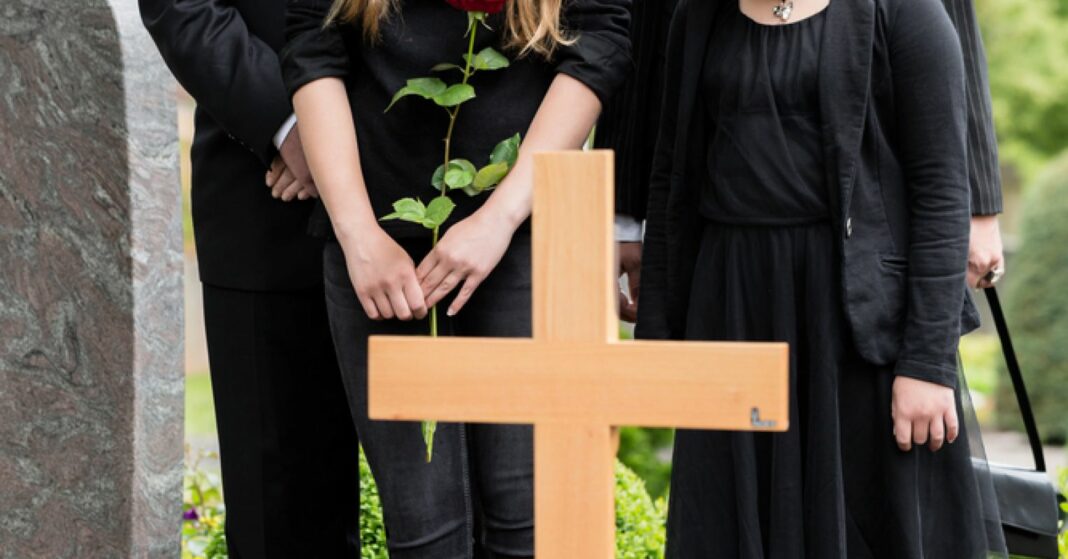Death of a Loved One Doesn’t Always Make Children Vulnerable
When a loved one passes away, it can be a challenging time for everyone involved. The grieving process is unique to each individual, and children are no exception. While many people believe that the death of a loved one automatically makes children vulnerable, this is not always the case.
The Resilience of Children
Children are often more resilient than we give them credit for. While they may not fully understand the concept of death, they are able to process their emotions in their own way. With proper support and guidance, children can navigate through their grief and come out stronger on the other side.
Understanding Grief
Grief is a natural response to loss, and children experience it in their own unique way. They may display a range of emotions, from sadness to anger to confusion. It is important for adults to validate these feelings and provide a safe space for children to express themselves.
Support Systems
Having a strong support system is crucial for children who are grieving the loss of a loved one. This can include family members, friends, teachers, and counselors. By surrounding children with love and support, they are better equipped to cope with their emotions and navigate through the grieving process.
Coping Mechanisms
Children may use a variety of coping mechanisms to deal with the death of a loved one. This can include talking about their feelings, engaging in creative activities, or seeking professional help. By encouraging healthy coping mechanisms, children can process their grief in a positive way.
Remembering the Loved One
One way for children to cope with the death of a loved one is by remembering them in a positive light. This can include sharing memories, looking at photos, or creating a special tribute. By keeping the memory of their loved one alive, children can find comfort in their grief.
Seeking Professional Help
In some cases, children may benefit from professional help to navigate through their grief. Therapists, counselors, and support groups can provide children with the tools they need to process their emotions and move forward in a healthy way. Seeking help is a sign of strength, not weakness.
Conclusion
The death of a loved one can be a challenging time for children, but it doesn’t always make them vulnerable. With the right support and guidance, children can navigate through their grief and come out stronger on the other side. By understanding the resilience of children, validating their feelings, and providing a safe space for them to express themselves, adults can help children cope with their emotions in a positive way.
FAQs
Q: How can I help a child cope with the death of a loved one?
A: Provide a safe space for the child to express their feelings, validate their emotions, and surround them with love and support.
Q: What are some healthy coping mechanisms for children grieving a loss?
A: Encourage children to talk about their feelings, engage in creative activities, and seek professional help if needed.
Q: Is it normal for children to display a range of emotions when grieving a loss?
A: Yes, grief is a natural response to loss, and children may experience a range of emotions such as sadness, anger, and confusion.




